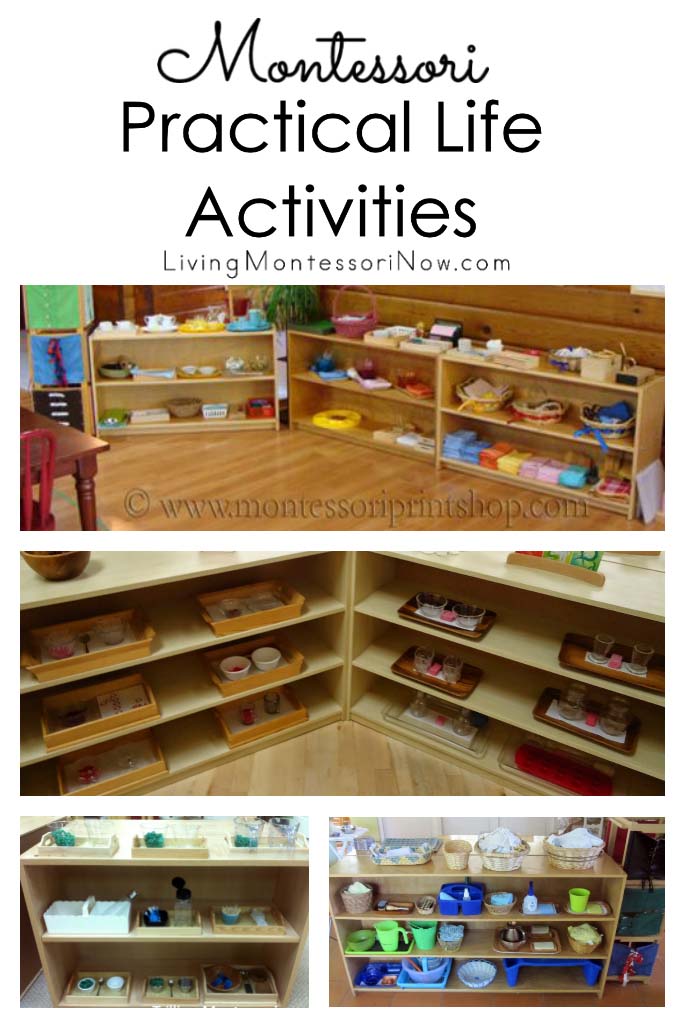Exploring Unconventional Study Hacks
In the pursuit of academic excellence, students are often on the lookout for innovative and unconventional study techniques to boost their learning efforts. These unconventional study hacks offer unique strategies to enhance memory retention, improve focus, and optimize study sessions.
Harnessing the Power of Visualization
Visualization is a powerful technique that can aid in memory retention and recall. Instead of simply reading through notes or textbooks, try visualizing the information in your mind’s eye. Create mental images, diagrams, or mind maps to represent complex concepts and relationships. This process can help solidify your understanding of the material and make it easier to recall during exams or assignments.
Embracing Active Learning Techniques
Active learning goes beyond passive reading or listening and encourages students to engage with the material actively. Instead of simply highlighting or underlining text, try summarizing key points in your own words, teaching the material to a friend or family member, or creating flashcards or practice quizzes. By actively engaging with the material, you’ll reinforce your understanding and retention of the content.
Utilizing Multisensory Learning Approaches
Multisensory learning engages multiple senses simultaneously, which can enhance learning and memory retention. Experiment with different sensory modalities during your study sessions, such as listening to music or recordings while studying, using colorful markers or highlighters to annotate notes, or incorporating tactile elements like stress balls or fidget toys. By appealing to multiple senses, you’ll create a more immersive and memorable learning experience.
Implementing the Pomodoro Technique
The Pomodoro Technique is a time management method that can help improve focus and productivity during study sessions. The technique involves breaking your study time into short, focused intervals (typically 25 minutes) followed by short breaks (usually 5 minutes). After completing four intervals, take a longer break (15-30 minutes) to rest and recharge. This structured approach can help prevent burnout and maintain concentration over extended study periods.
Exploring Alternative Study Environments
Sometimes, a change of scenery can do wonders for your productivity and focus. Instead of studying in the same location every time, experiment with different study environments to find what works best for you. Whether it’s a quiet library, a cozy coffee shop, or a peaceful outdoor setting, varying your study environment can help keep your mind fresh and engaged.
Incorporating Movement and Exercise
Physical activity has been shown to enhance cognitive function and memory retention, making it an excellent complement to study sessions. Incorporate short bursts of physical activity into your study routine, such as stretching, walking, or doing jumping jacks between study intervals. Not only will this help increase blood flow to the brain, but it can also boost energy levels and reduce feelings of fatigue.
Practicing Mindfulness and Meditation
Mindfulness and meditation techniques can help reduce stress, improve focus, and enhance cognitive function, making them valuable tools for effective studying. Take a few minutes before or during your study sessions to practice deep breathing exercises, mindfulness meditation, or progressive muscle relaxation. These practices can help calm the mind, increase mental clarity, and improve concentration.
Utilizing Mnemonic Devices and Memory Tricks
Mnemonic devices are memory aids that help you remember information more effectively by associating it with familiar patterns or cues. Experiment with different mnemonic techniques, such as acronyms, visual imagery, or rhymes, to encode and retrieve information more efficiently. Whether it’s creating a catchy acronym or crafting a vivid mental image, mnemonic devices can be powerful tools for improving memory retention.
Seeking Out Novelty and Variety
Novelty and variety can stimulate the brain and enhance learning and memory retention. Introduce novelty into your study routine by exploring new topics, using different study materials or resources, or approaching familiar subjects from different perspectives. By exposing yourself to new information and experiences, you’ll keep your mind engaged and curious, which can lead to more effective learning outcomes.
Reflecting and Reviewing Regularly
Regular reflection and review are essential components of effective study habits. Take time to reflect on your study sessions, identify what worked well, and what could be improved. Schedule regular review sessions to revisit previously learned material and reinforce your understanding. By incorporating reflection and review into your study routine, you’ll deepen your comprehension and retention of the material over time. Read more about unique study tips





